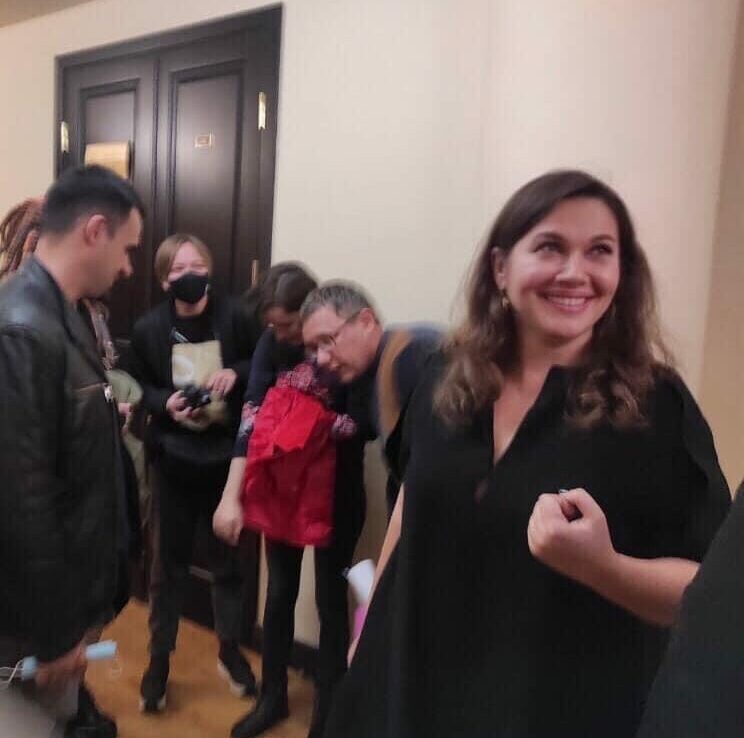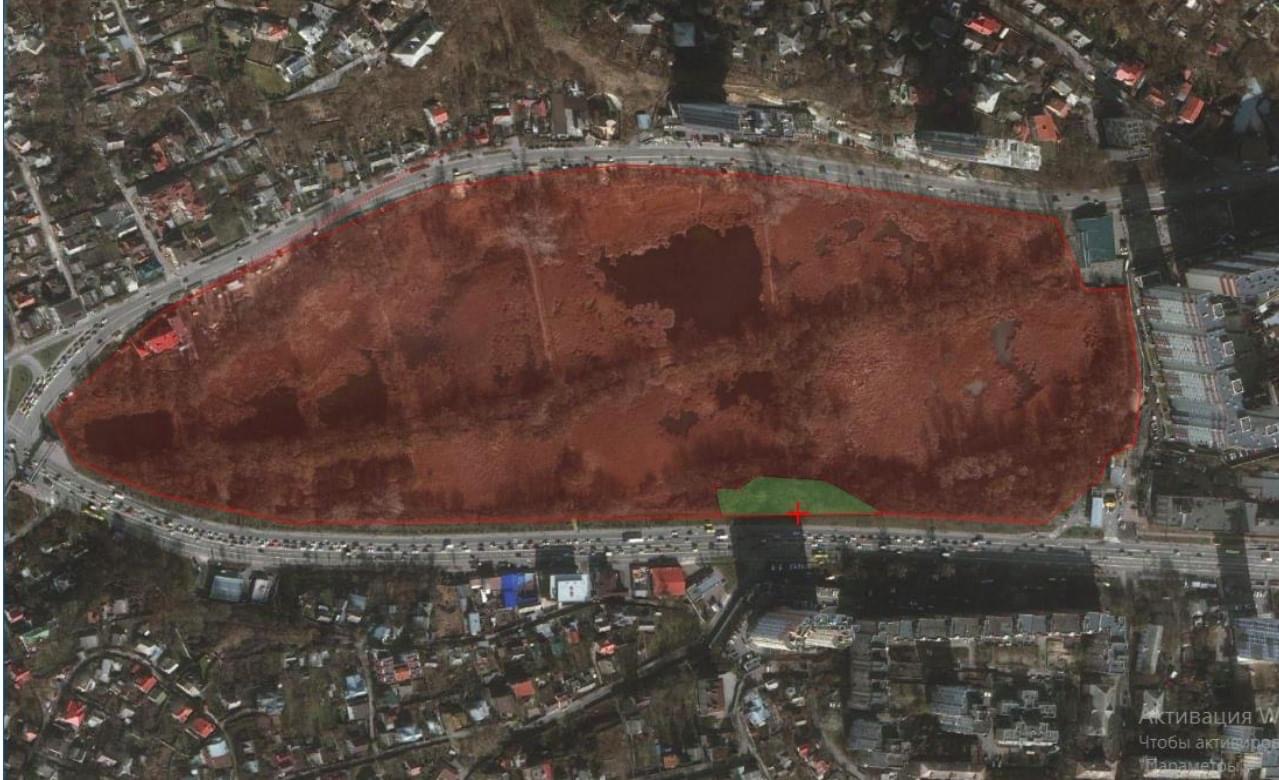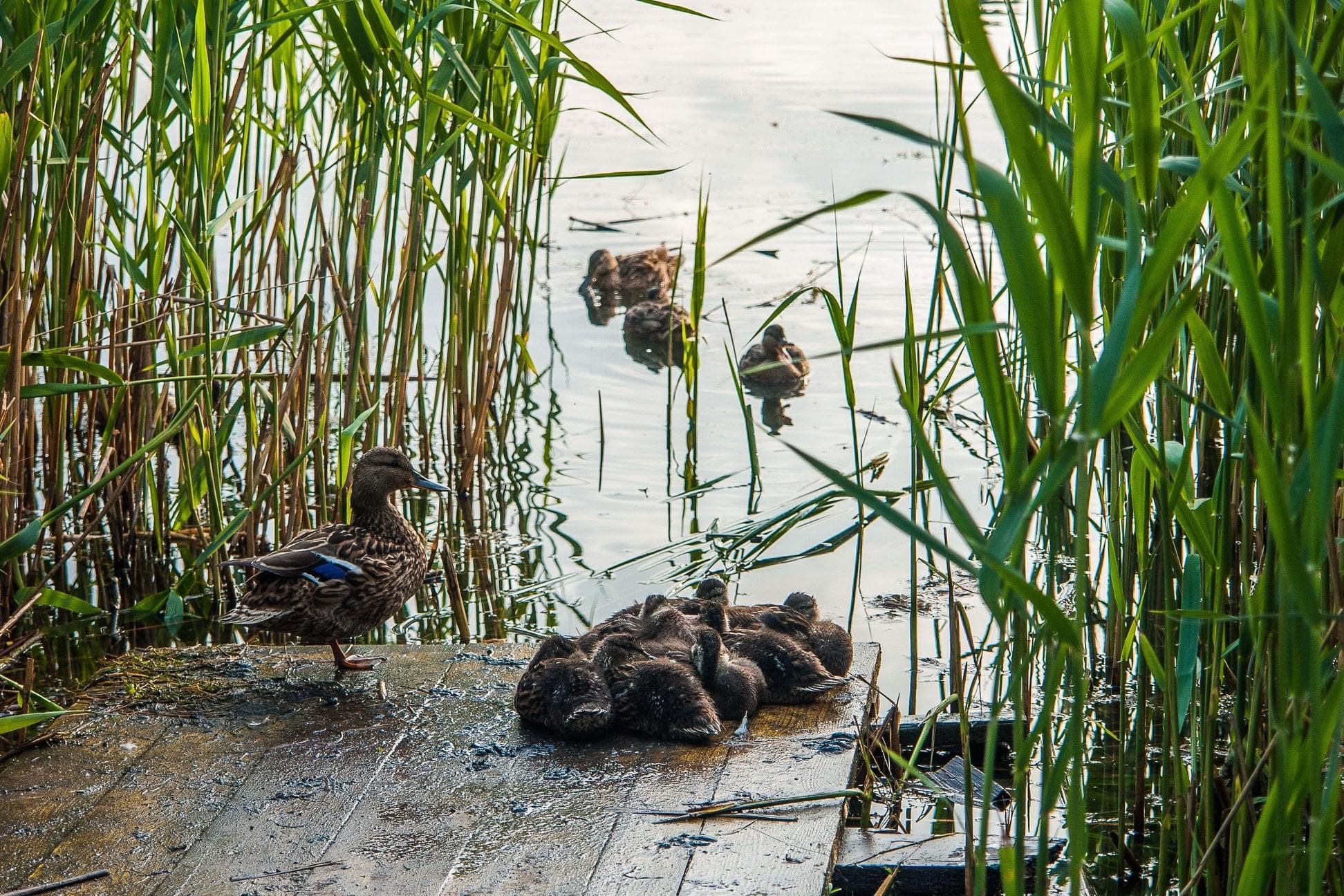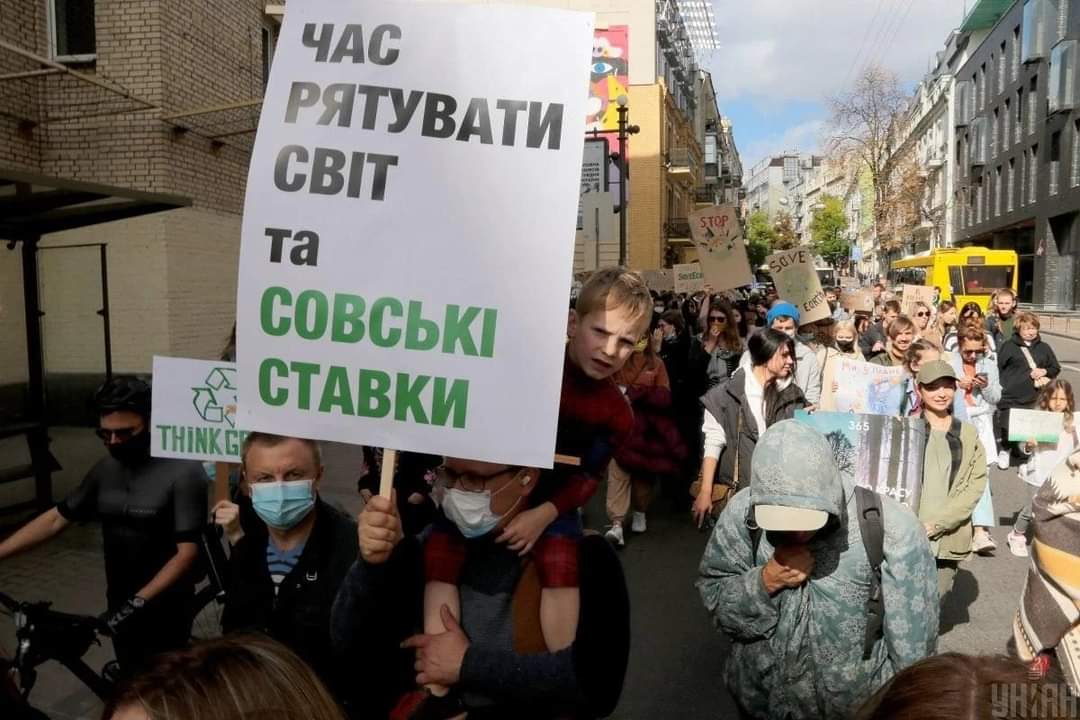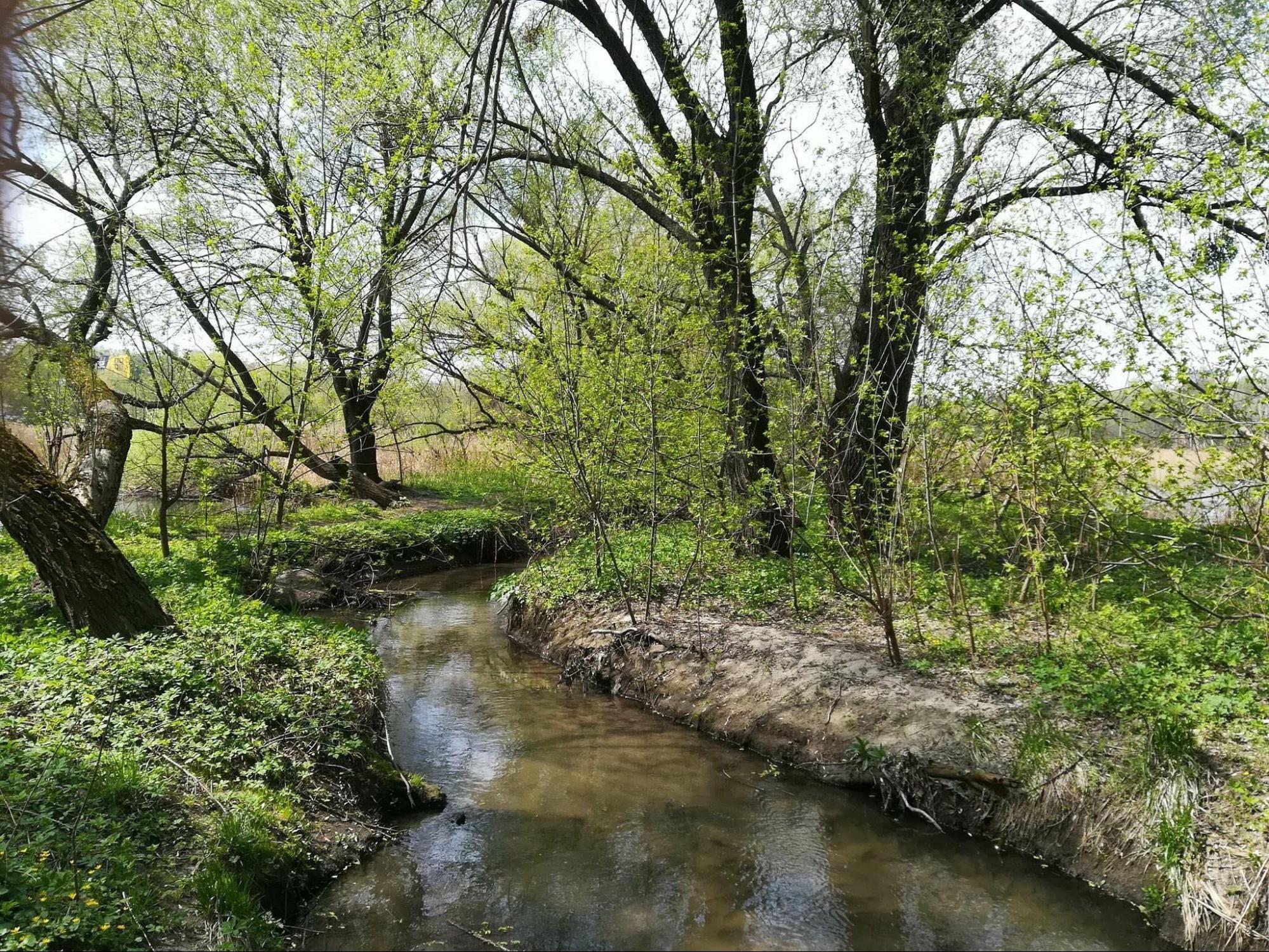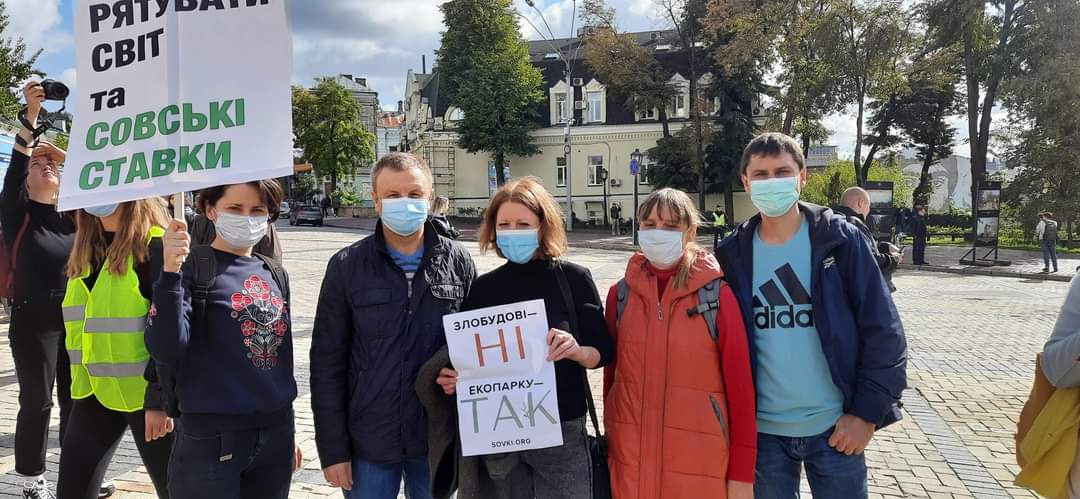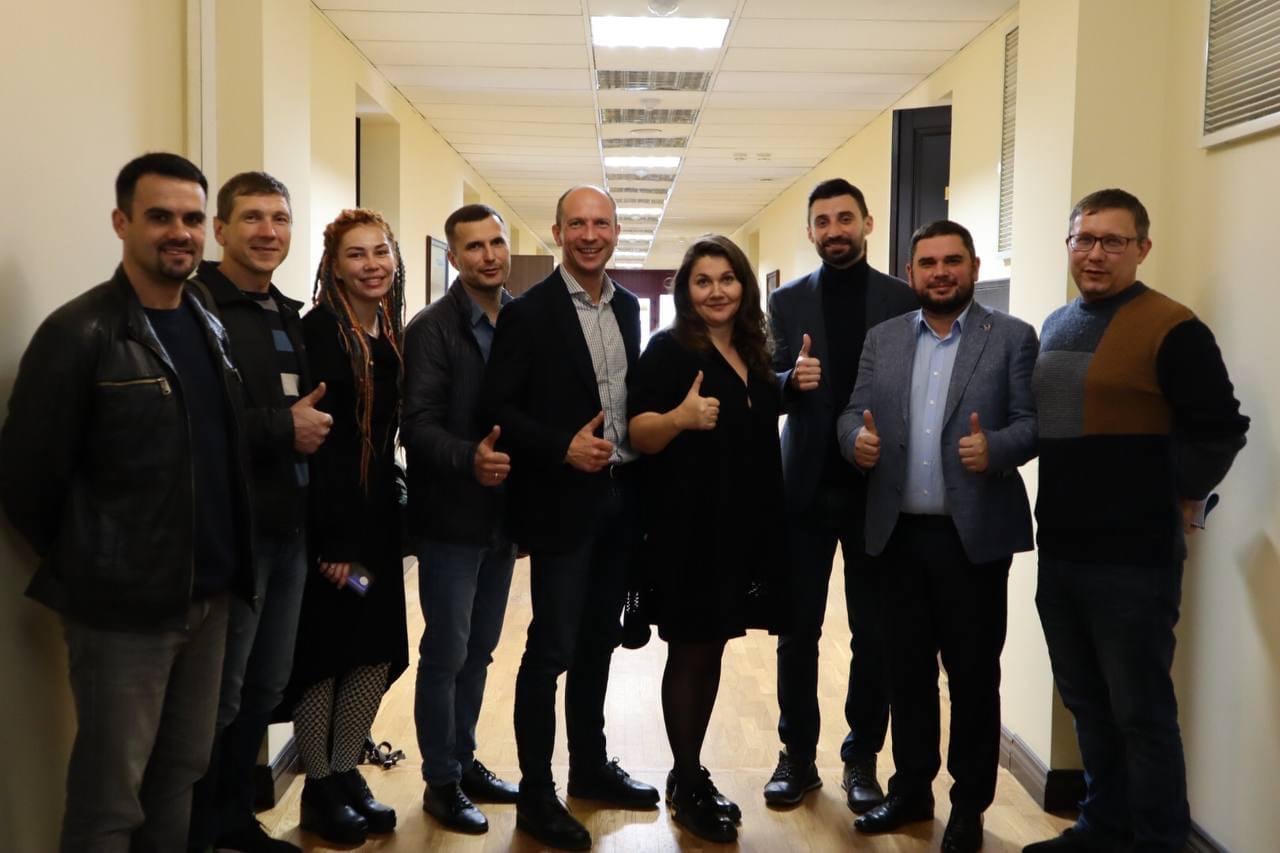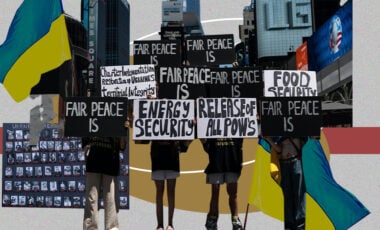Not just "a piece of wildlife": how activists step by step fight for Sovki ponds
Sovki ponds are about 20 hectares of wildlife covered with water bodies in the middle of Kyiv. And it's also a point of decline and a kind of flashpoint right in the middle between local activists and influential developers. For years, concerned citizens have been knocking on the doors of various authorities to prevent the destruction of the green zone and win the right to put it in order.
Rubryka learned exactly how activists stand their ground and how the fight for the "green city" can be made effective.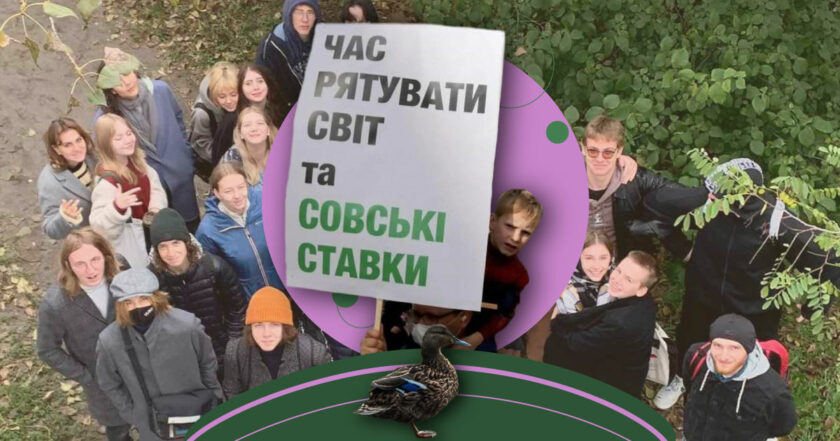
#Sovki_without_buildings
"Your face when you fought for it for 6 years," Olesia Pynzenyk writes in a post to her Facebook photo. The woman in the photo is smiling; a few minutes before the picture was taken, the environmental commission of the Kyiv City Council unanimously voted for her initiative to create an eco-park on the territory of Sovki ponds.
Behind the scenes, there are years of hard work of an entire initiative group of residents, lawsuits, and dozens of attempts by activists to find common ground with local authorities.
A few minutes before the beginning of the meeting, journalist Andrii Yanitskyi stands at the entrance to the Kyiv City Council surrounded by other media people and dials the phone numbers one by one, so that in the end everyone gets to the commission meeting. Today he's an activist. He's been one for the last three years.
"There are many different scandals around buildings in Kyiv. And this is one of the most high-profile ones. It's a place between Holosiivskyi and Solomianskyi districts. There are about 20 hectares, it's a really big area. It used to be a green park area," the activist says.
Andrii himself settled near the ponds with his family in 2016. Two years passed and the passions around the undeveloped green area began to grow even more than before. Then Yanitskyi went to public hearings on this issue for the first time and later became the one who unites others.
Then, in 2018, the developer published a plan for the development of residential complexes and it became clear: it's either ponds or construction.
It all started in 2005
"In Soviet times, there was a fish farm, fish were bred there. And since independence, the site was included in the water area and promising green areas. That is, it was planned that there would be a park. And in the general city plan, it's marked as a water area. Years had passed, nothing was built, and there was just a piece of wildlife. What remained from the fish farm wasn't taken care of in any way," says Andrii Yanitskyi.
Apparently, without care, the area began to decline but didn't go unnoticed. Another activist and part-time lawyer, public activist, head of the NGO "Pro Se" Liudmila Zlobina tells where the conflicts originated.
"It all started in 2005 when the Kyiv City Council made a decision on green zones. They decided to create different parks and squares in Kyiv… At the same time, in 2005, they signed an investment agreement. Nobody voted for it. It's just some official of the Kyiv City State Administration who signed an investment agreement. According to it, an office complex is being built at Sovki Ponds. Although the Rada was going to create green zones," Liudmyla Zlobina explains.
In 2008, the city council, then headed by Leonid Chernovetskyi, leased the site to Hospodarnyk, which was going to build a shopping center with a recreational area there. Even then, the locals opposed and demolished the installed construction fence and didn't allow work to begin.
By the way, the "Hospodaryk" belongs to the dollar millionaire and the deputy of the Kyiv City Council Ihor Balenko. The politician is serving his sixth term. He managed to be a member of both the Lytvyn People's Bloc and the Kyiv Public Asset party and now represents the European Solidarity party.
"Balenko said that he would build up half of it and create a beautiful park in the other half. Under such conditions, he received this place but never built anything. Obviously, he didn't have his own money but planned to resolve the issue with documents and then find an investor. But he probably hasn't found one. Because this person has been a deputy of the Kyiv City Council for six convocations. In my opinion, it's just the business he does," Andrii Yanitskyi recalls.
Plans for the site were different: a shopping center with a recreation area, then residential buildings complete with a school and kindergarten. However, in 2018, the City Council didn't vote for the building plan.
In June 2021, the Court of Appeal terminated the lease agreement for Sovki ponds and the plot was returned to the ownership of the Kyiv territorial community. However, Ihor Balenko continues to sue. It is the turn of the Higher Court, which will not be able to renew the agreement, but if Balenko wins, he can return the case to the first instance for a new round of consideration.
Meanwhile, activists already have an eco-park project, register their own NGO to further support the idea, and look for where to raise grant funds.
What to do next?
On the eve of the meeting of the environmental commission, activists are worried. It is assumed that they may not receive sufficient support. Instead, after the speech of the deputy Olesia Pynzenyk, the chairperson of the commission Denys Moskal encourages:
"My colleagues from all factions and I support your initiative."
And deputies unanimously support it. There's applause in the hall. Activists go out and greet each other at the door. Pynzenyk joins them.
Liudmila Zlobina and I are leaving, and I'm asking what's next. The lawyer explains that the land commission and, most importantly, the voting of deputies in the council are still ahead.
"This decision is rather recommendatory. It doesn't put it to an end. Now everything depends on the deputies. That is, how the deputies will vote at the council session. Here everyone can say that they support the construction of the park, and then not vote," says the activist, then notes that despite this, the decision is still a step forward, because finally, the situation began to take concrete steps.
Then I ask how the public sector can stand its ground and how to do it right. Liudmila jokes that I can just present her mobile phone number in the text of the article with a note, "sponsored." I promise to consider this option. Then we get to the point.
"I believe that activists must seek the help of lawyers. Different posters, PR, and media help only in a complex, not separately. That is, the lawyer selects the arguments and then the activists spread them to the masses. Then everything works. The developer has a whole legal department on salaries. The developer can hire both active people who will pretend to be locals and lawyers. And even if ordinary people can win with their activity, their legal bloc often loses," said the activist.
Solutions for activists to make the fight effective
- First of all, talk to lawyers and explore the legal field of your issue. Probably, qualified law enforcement officials will advise the ways that haven't yet occurred to you.
- Unite others who are not indifferent. The more people support you, the more visible you can make the problem and solve it more effectively. In addition, among those who're not indifferent may be specialists who'll give professional advice.
- Look for authorities who can stand by your side. The task of deputies is to work for the benefit of the community, so it is normal to turn to them and cooperate.
- Involve journalists. The media is happy to talk about socially significant issues and do it for free. Such cooperation will help attract the attention of the general public, which contributes to better control of the situation.
- Don't give up. Any initiative can turn into bureaucratic, judicial, or corrupt red tape, but many ideas and goals are worth it.



